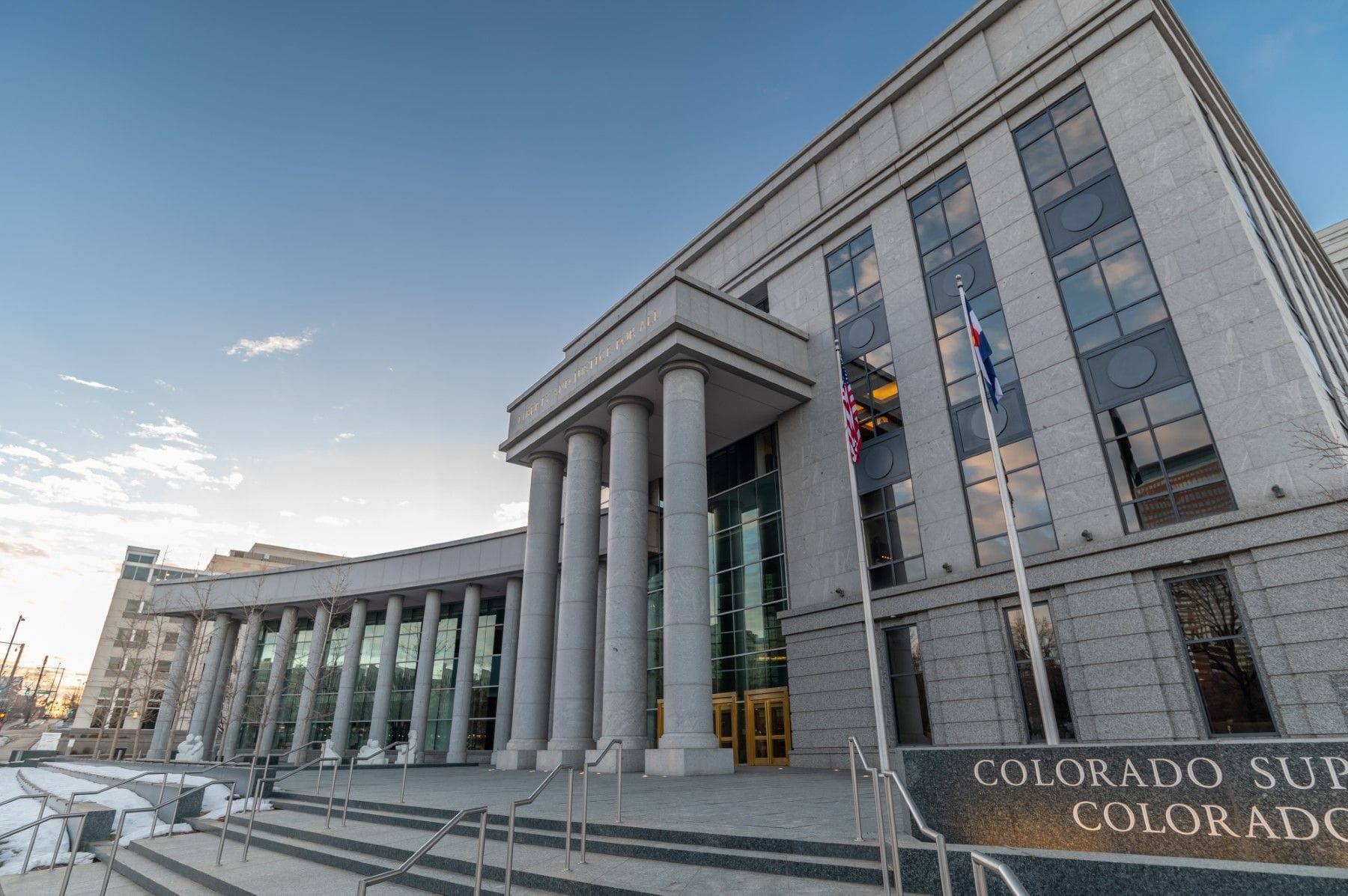Colorado Expert Witness Disclosure Requirements
Colorado's expert witness disclosures are crucial for fair trials, requiring detailed qualifications and timely updates to ensure transparency and prevent sanctions.
Updated on
In this article
When Are Expert Witness Disclosures Required in Colorado?
In Colorado, expert witness disclosures are governed by the Colorado Rules of Civil Procedure, specifically Rule 26(a)(2). This rule mandates that parties must disclose information regarding expert witnesses they intend to call at trial. The initial expert witness disclosures must be made at least 126 days before trial, providing ample time for the opposing party to prepare. Supplemental disclosures must be served at least 91 days before trial, allowing for updates or changes to the expert's testimony or opinions. These timelines ensure both parties have adequate time to review and contest expert evidence, maintaining fairness in the litigation process.
Certain cases may present unique timing considerations. For instance, in complex litigation, the court may issue specific scheduling orders that alter these deadlines. Parties must remain vigilant and adhere to any case-specific timelines set by the court to avoid sanctions. Colorado courts emphasize the importance of timely disclosures to prevent trial delays and ensure a fair trial process.
Information That Must Be Included in the Disclosure
Colorado's disclosure requirements are comprehensive, ensuring that all relevant information about expert witnesses is shared. The disclosure must include:
- Expert Qualifications: A detailed account of the expert's qualifications, including their education, training, and experience, must be provided. This information is crucial for establishing the expert's credibility and competence in their field.
- Opinions and Bases for Opinions: The disclosure must contain a complete statement of all opinions the expert will express and the basis and reasons for each opinion. This transparency allows the opposing party to prepare an effective cross-examination or rebuttal.
- Data and Information Considered: All data and information the expert considered in forming their opinions must be disclosed. This includes any reports, studies, or other materials that influenced the expert's conclusions.
- Fee Structure: The expert's compensation must be disclosed, including any fee arrangements. This ensures transparency and allows the opposing party to assess any potential bias.
- Prior Testimony: A list of all other cases in which the expert has testified as an expert at trial or by deposition within the preceding four years must be included. This history can be critical for challenging the expert's credibility or consistency.
These requirements align with the need for detailed and transparent expert disclosures, facilitating a thorough examination of the expert's qualifications and opinions.
Supplementing and Amending Expert Disclosures
The duty to supplement expert disclosures in Colorado is ongoing. According to Rule 26(e), parties must promptly update their disclosures if they learn that the information previously disclosed is incomplete or incorrect. This includes changes in the expert's opinions, new information that affects the expert's conclusions, or updates to the expert's qualifications.
Failure to supplement or amend disclosures appropriately can have significant consequences. Courts may impose sanctions, including the exclusion of expert testimony, if a party fails to update disclosures in a timely manner. This underscores the importance of maintaining accurate and current information throughout the litigation process.
Consequences of Failing to Properly Disclose an Expert
Failure to comply with expert disclosure requirements in Colorado can lead to severe penalties. The most common consequence is the exclusion of the expert's testimony, which can significantly impact a party's ability to prove their case. Courts have broad discretion to exclude evidence that has not been properly disclosed, as seen in cases like Todd v. Bear Valley Village Apartments, where the court excluded expert testimony due to insufficient disclosure.
Other potential consequences include motions to strike the expert, sanctions, and adverse inferences drawn by the court. These penalties serve as a deterrent against non-compliance and emphasize the importance of adhering to disclosure rules.
Moreover, failing to disclose or improperly disclosing expert information can lead to broader litigation risks. It can undermine a party's credibility, weaken their case, and result in unfavorable judgments. Therefore, meticulous adherence to Colorado's expert disclosure rules is essential for effective legal strategy.
State-Specific Rules and Key Considerations
While Colorado's expert witness disclosure rules align closely with the Federal Rules of Civil Procedure, there are notable distinctions. Rule 26(a)(2) of the Colorado Rules of Civil Procedure provides specific timelines and requirements unique to the state. Legal professionals must be aware of these nuances to ensure compliance.
Colorado courts also consider factors such as the complexity of the case, the nature of the expert testimony, and the potential for prejudice when determining the appropriateness of disclosures. In cases like Trattler v. Citron, the court emphasized the need for disclosures to be sufficiently detailed to allow for effective cross-examination and rebuttal.
Additionally, local court rules may impose further requirements or variations, necessitating careful review by legal practitioners. Understanding these state-specific rules and considerations is crucial for navigating the expert disclosure process effectively and avoiding potential pitfalls.
In conclusion, expert witness disclosures in Colorado are a critical component of the litigation process, requiring meticulous attention to detail and adherence to specific rules and timelines. By understanding and complying with these requirements, legal professionals can effectively cross-examination.


